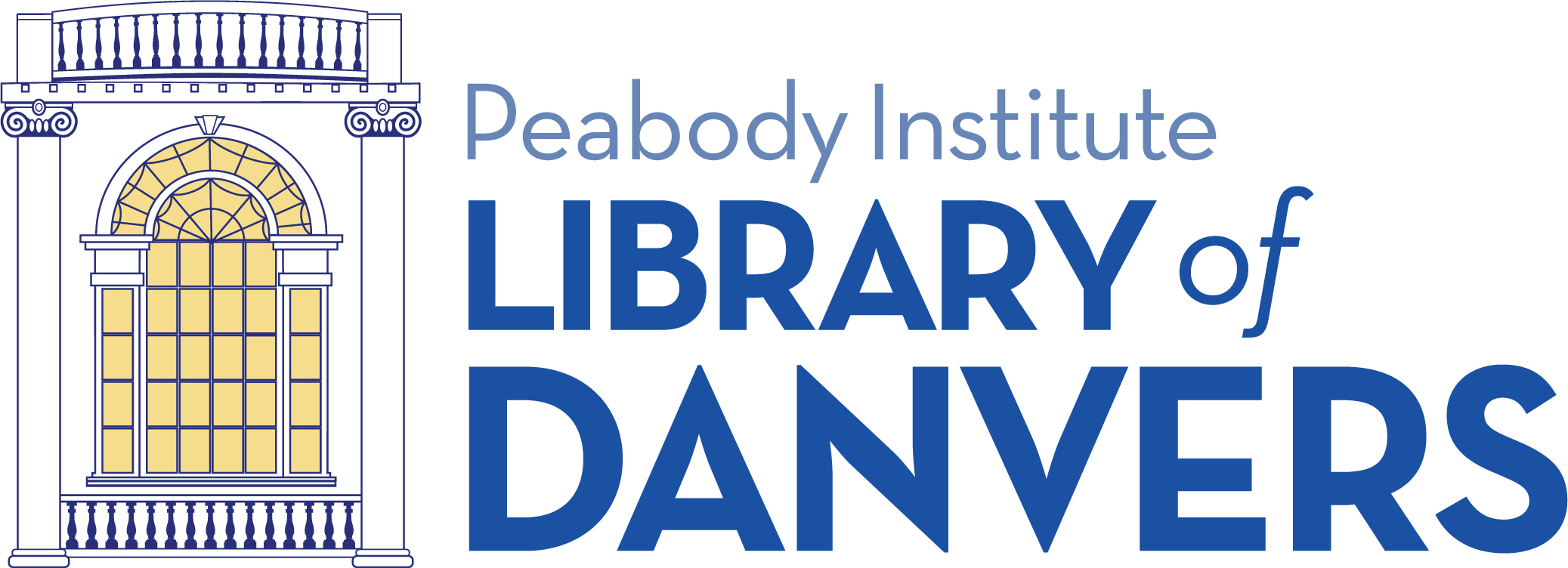 Louise Erdrich’s latest offering, Shadow Tag, is about a marriage in painful disarray. It’s about a stalled academic and a self-absorbed artist. It’s about a family that is tearing itself apart from the inside out. Not exactly cheerful company on a dark, rainy day or, for that matter, during an afternoon filled with sun soaked clouds. Still, Erdrich displays her skill with the craft, laying bare emotions with simple, disarming sentences that are both beautiful and uncomfortably perceptive at once.
Louise Erdrich’s latest offering, Shadow Tag, is about a marriage in painful disarray. It’s about a stalled academic and a self-absorbed artist. It’s about a family that is tearing itself apart from the inside out. Not exactly cheerful company on a dark, rainy day or, for that matter, during an afternoon filled with sun soaked clouds. Still, Erdrich displays her skill with the craft, laying bare emotions with simple, disarming sentences that are both beautiful and uncomfortably perceptive at once.
At the heart of this story are Gil and Irene. Irene, convinced her husband is reading her diary, keeps two; one in which she plants seductive lies and another in which she tracks the true moments of her life. Gil reads that first diary, the one Irene taunts him with, and swallows every word down as gospel. Already distrustful of her actions, Gil refuses to give in and let go of the woman he’s been obsessed with since the first time he captured her image on canvas. His grip on Irene tightens even as the reins on his temper go slack. Fueled by anger and unbalanced by the possessive nature of his relationship with Irene, Gil starts to lash out at his children, abusing them verbally and, eventually, physically. As for Irene, she wants out, she wants to let go, she’s just not sure she can.
Reading Shadow Tag is sort of like being trapped in Munch’s painting The Scream. The strokes, or beats, of the novel swirl around; however superficially, they lack a sense of cohesion. The colors, at first glance considered garish or darkly overwrought, represent the tension of a situation that grows more horrific with each event that spirals out of control. And finally the scream itself, the readers’ urge to rail at the self-involved characters they’ve come to hate. But if you think on the novel long enough, if you take it apart to find the moments of clarity, you might also find passages of exceptional note in a book brimming with pain and awfulness.



Beautifully written review!